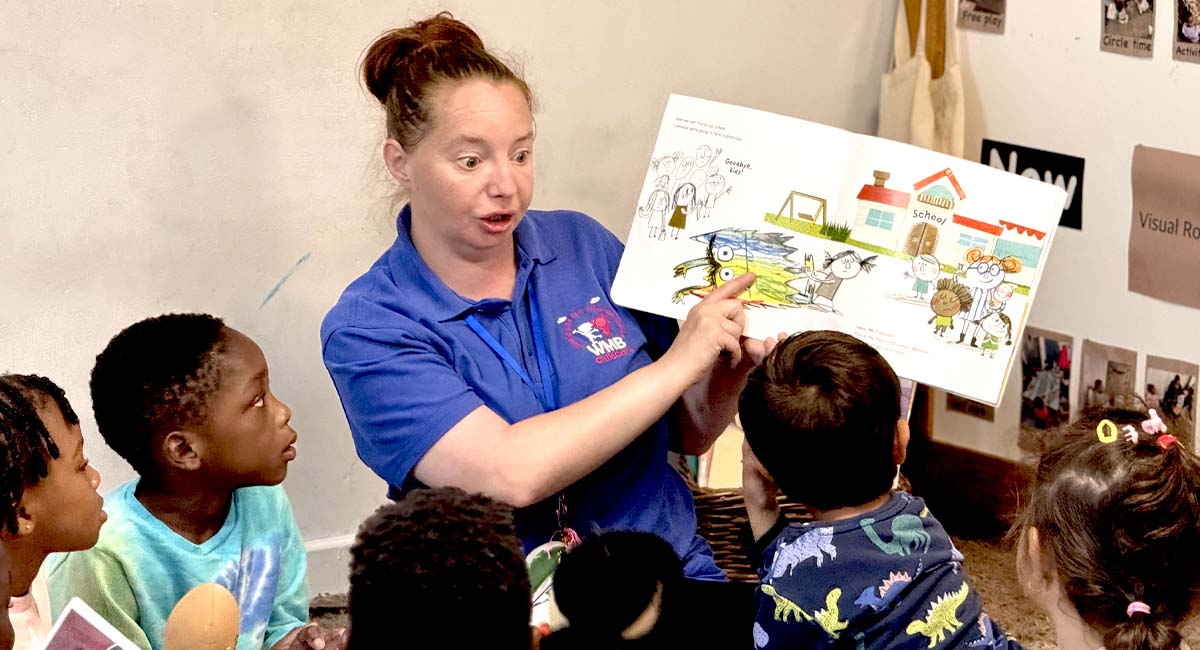Effective Strategies to Curb Your Child's Biting Habit: A Comprehensive Guide
Child biting is a common concern among parents, especially for those who have toddlers enrolled in daycare or nursery. While biting is often a developmental phase, it’s essential to address the issue promptly to prevent ongoing problems. Here, we delve into proven methods to manage this behavior and the psychological reasons behind it, backed by the latest child development research.
Exceptional Childcare Practices at WMB Childcare Ltd
Before we delve into the subject, it’s important to note that effective childcare plays a significant role in curbing behavioral issues like biting. At WMB Childcare Ltd, we focus on child-centered approaches that understand and address the unique needs and developmental stages of each child. Our specially trained staff works closely with families to create a nurturing and constructive environment where children can grow holistically.
Don't Reinforce the Habit
The principle of “no biting” must be repeated consistently. Instead of scolding, convey the message at eye level, using simple, clear language. The goal is to establish that the act will not be tolerated without rewarding it with any form of attention—positive or negative.
Key Takeaway: Reiterate the rule calmly and firmly without providing any attention that could inadvertently reinforce the behavior. Resume your interaction after a brief pause, reinforcing the notion that biting is not acceptable but you still care for them.
Uncover the Root Causes and Address Them
Understanding the underlying reasons for your child’s biting behavior is crucial in finding an effective solution. While the reasons may vary, they often fall into one of the following categories:
Emotional Expression: Toddlers lack the vocabulary to express complex emotions. Sometimes, biting occurs as an outlet for feelings they can’t articulate. Rather than punishing the act, redirect the behavior. Teach alternative ways to express emotion, like hugging or using words.
Experimental Phase: Children at this age are exploring their bodies and the world around them. Unintentional biting can happen out of sheer curiosity or excitement. Be vigilant for signs that a bite might be imminent, like a clenched jaw, and intervene promptly.
Frustration Management: Frustration can stem from various factors, like the inability to share or communicate wants. Instead of allowing biting as an expression of frustration, teach your child to ask politely for what they want or to wait their turn.
Self-Defense: Some children resort to biting as a primitive form of self-defense. In these instances, help your child find alternative ways to protect themselves, such as saying “stop” or walking away from the situation.
Control and Attention Seeking: Biting can sometimes be an attempt to exert control or gain attention. In such cases, it’s crucial not to reward the behavior, even with negative attention. Employ a time-out method consistently to teach the child that biting is unacceptable.
Additional Resources for Parents: For more helpful tips and insights into child-rearing, check out WMB Blog. Our posts are designed to offer parents actionable advice and up-to-date research on child development and behavioral challenges.
Conclusion
Addressing the root cause of your child’s biting behavior is just as important as teaching them that the act is unacceptable. Armed with the right strategies and a deep understanding of the underlying issues, you can guide your child through this challenging phase effectively.
What strategies have worked for you? Share your experiences and let’s build a supportive community to address this common concern.









